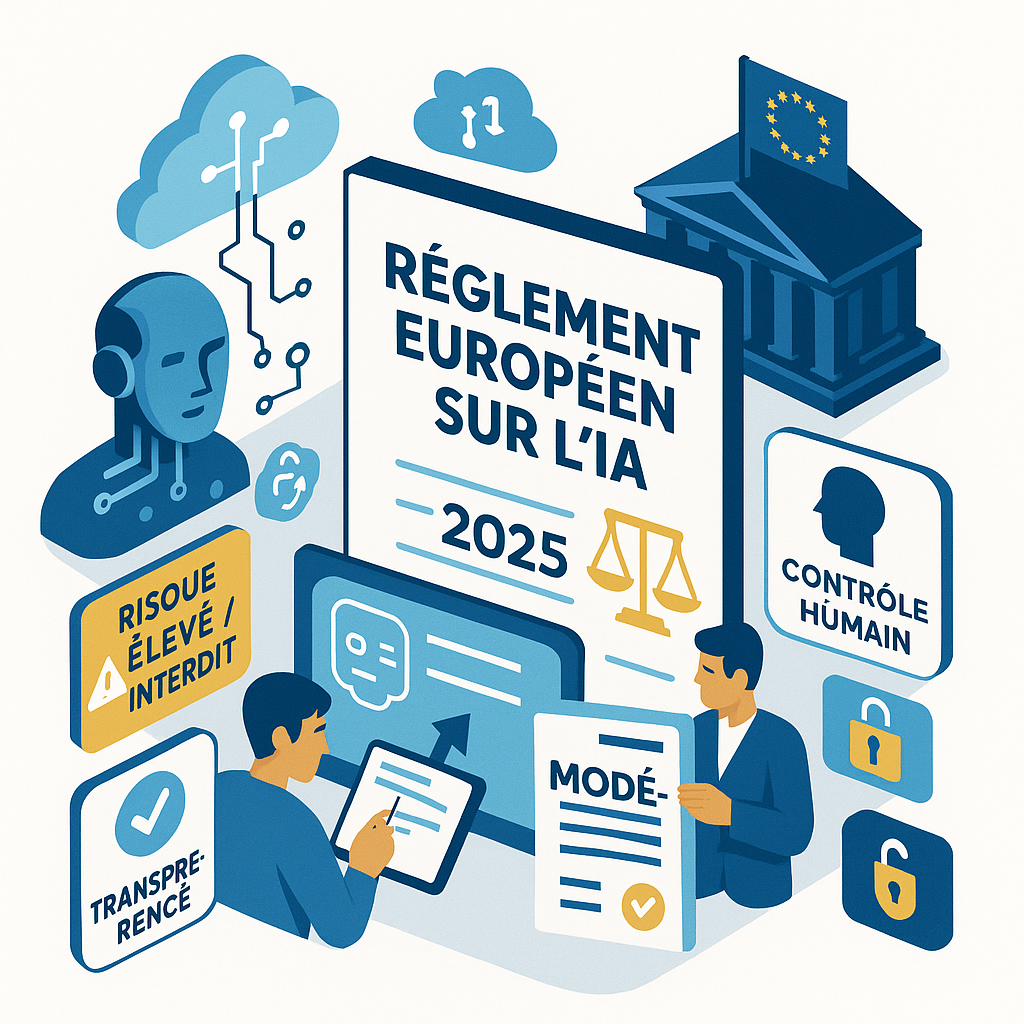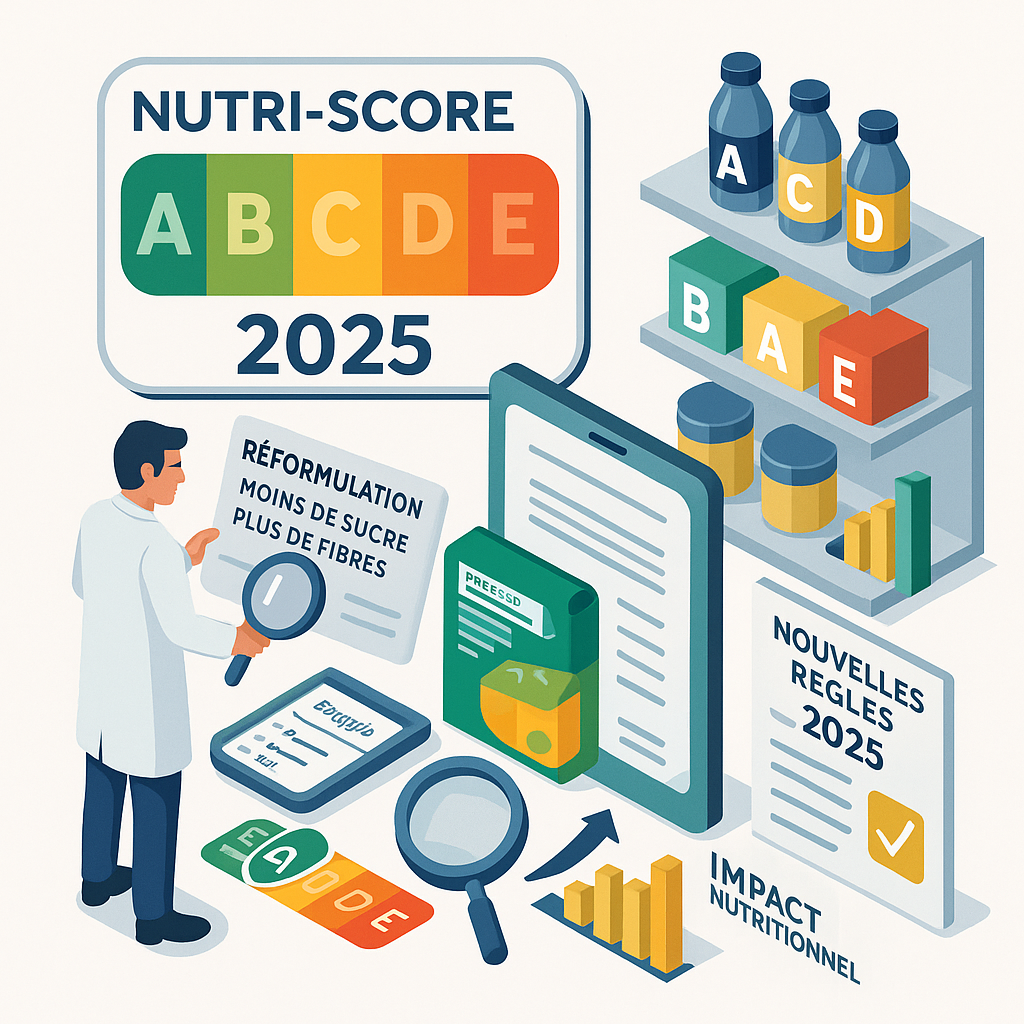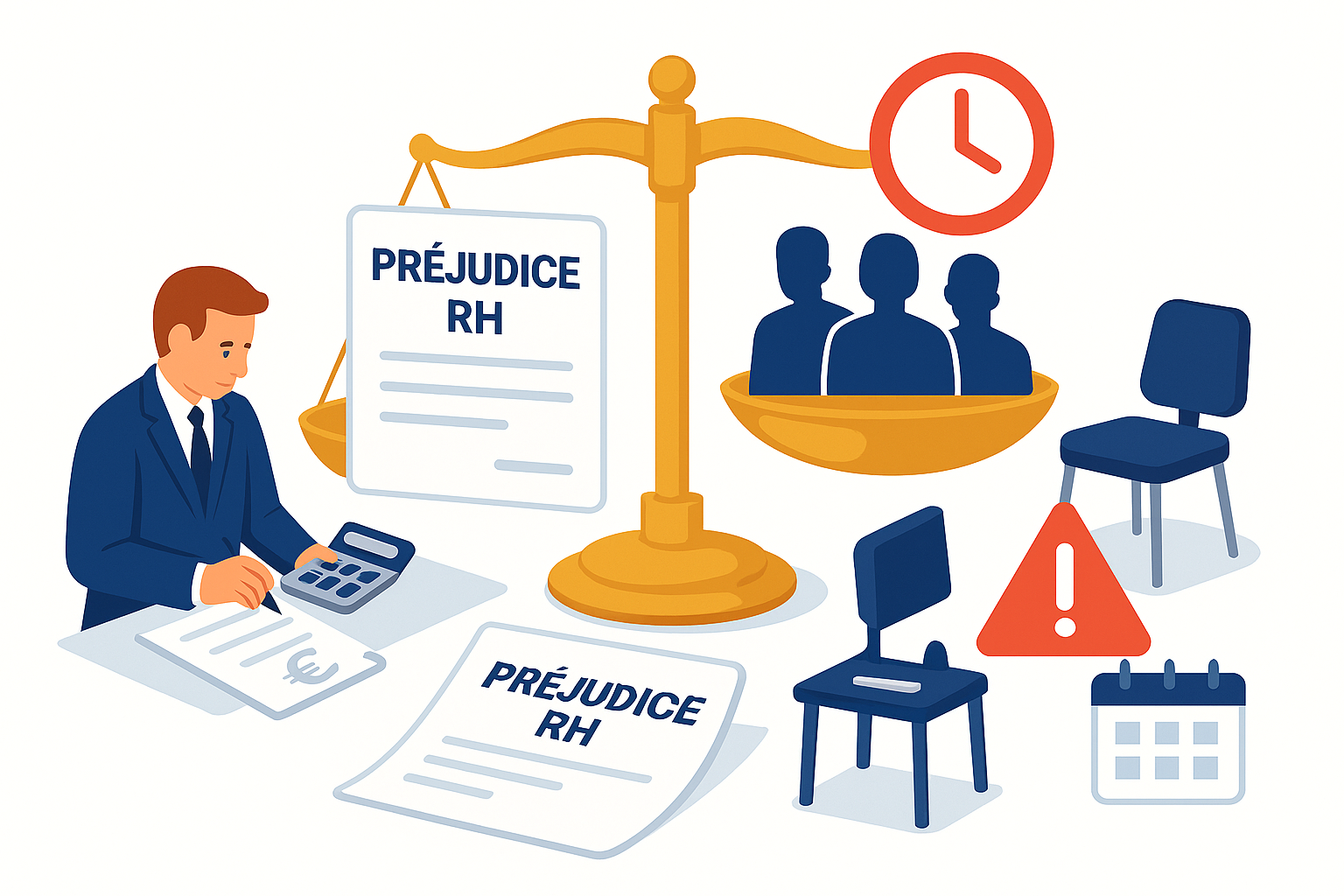Dans un monde où l’intelligence artificielle (IA) devient incontournable, le Règlement Européen sur l’IA (RIA) s’impose comme un cadre essentiel pour garantir une adoptabilité responsable. En effet, alors que les systèmes d’IA sont intégrés dans de nombreux secteurs, la régulation de leur déploiement est d’une importance cruciale pour assurer leur fiabilité, leur éthique et leur transparence. Ce premier texte législatif mondial vise à harmoniser les règles au sein de l’Union européenne, tout en offrant des perspectives bénéfiques pour les entreprises qui s’engagent dans cette démarche de conformité. Alors que nous nous dirigeons vers son entrée en vigueur le 1er août 2024, il est fondamental de comprendre l’impact que ce règlement aura sur les organisations engagées dans le développement de l’IA. Dans cet article, nous explorerons les principes clés établis par le RIA, les obligations réglementaires spécifiques auxquelles les entreprises doivent se conformer et les meilleures pratiques pour se préparer à cette transition incontournable.
Si vous souhaitez avoir recours à un avocat en droit de l’intelligence artificielle, contactez-moi !
Quels sont les principes clés du RIA concernant la fiabilité et l’éthique de l’IA ?
Le Règlement Européen sur l’IA (RIA) établi par l’Union européenne énonce des principes fondamentaux qui garantissent que les systèmes d’IA sont conçus et déployés de manière à être fiables, éthiques et conformes aux normes de sécurité. Ces principes visent à instaurer un cadre de confiance autour de l’utilisation des technologies d’IA dans divers secteurs.
Parmi les principes clés, on retrouve :
- Fiabilité : Les systèmes d’IA doivent fonctionner correctement dans des conditions définies sans défaillances injustifiées.
- Transparence : Les utilisateurs doivent être informés de l’utilisation d’un système d’IA, notamment lorsqu’une décision significative les concerne.
- Éthique : Les systèmes doivent respecter les droits fondamentaux et les valeurs de l’UE, notamment la non-discrimination et le respect de la vie privée.
Ces principes créent une base solide pour la gouvernance IA. Ils encouragent les entreprises à adopter des pratiques responsables et à garantir un niveau de sécurité élevé dans le cadre de leurs développements. En substance, le RIA souhaite s’assurer que toute intelligence artificielle mise sur le marché répond à des critères stricts de qualité.
À travers ces principes, le RIA aspire non seulement à réguler l’usage de l’IA, mais également à motiver les entreprises à s’engager dans des pratiques exemplaires. Toutefois, les organisations doivent également se préparer à respecter un ensemble d’obligations réglementaires qui encadrent la mise en œuvre du règlement.
Quelles sont les obligations spécifiques imposées aux organisations sur le marché européen ?
Le Règlement Européen sur l’IA (RIA) impose des obligations réglementaires précises aux organisations qui souhaitent développer ou utiliser des systèmes d’IA au sein de l’Union européenne. Ces obligations visent à garantir un encadrement rigoureux des projets d’IA, en se concentrant sur les risques associés à leur déploiement.
Les entreprises doivent notamment se conformer aux exigences suivantes :
- Évaluation des risques : Les organisations doivent réaliser une évaluation des risques pour chaque système d’IA, en tenant compte des conséquences potentielles sur les droits des utilisateurs et de la sécurité publique.
- Documentation et reporting : Les entreprises doivent créer une documentation détaillée décrivant le fonctionnement de leurs systèmes, les données utilisées, ainsi que des rapports de conformité pour les autorités compétentes. Un avocat spécialisé en droit des logiciels et des bases de données peut vous accompagner dans la rédaction de cette documentation technique et juridique.
- Suivi post-mise en œuvre : Une fois le système introduit sur le marché, un suivi continu est requis pour détecter et corriger les dysfonctionnements éventuels.
Chacune de ces obligations vise à renforcer la gouvernance IA et à promouvoir une adoption sécurisée et responsable de l’intelligence artificielle. Il est essentiel que les entreprises développent une culture de conformité, en intégrant ces exigences dès le début de leur processus de développement.
Le RIA propose également des mesures incitatives pour encourager le respect de ces dispositions, notamment en matière de financement et d’accès à des ressources de formation pour les professionnels concernés. Les organisations doivent donc anticiper et se préparer activement à ce cadre légal qui façonnera l’avenir de l’IA en Europe.
À ce stade, comprendre ces obligations est crucial pour les entreprises qui se dirigent vers une intégration efficace de l’IA. Il s’agit d’un enjeu majeur, car le respect de ces normes aura un impact direct sur leur opérationnel sur le marché européen.
Comment les entreprises peuvent-elles se préparer à la mise en œuvre du RIA ?
La mise en œuvre du Règlement Européen sur l’IA (RIA) s’annonce comme un défi majeur pour les entreprises, notamment en raison de la complexité des exigences réglementaires. Pour répondre à ces défis, il est crucial que les entreprises adoptent une approche proactive.
Voici quelques étapes clés pour aider les organisations à se préparer efficacement à la mise en œuvre du RIA :
- Évaluation de la conformité : Les entreprises doivent commencer par effectuer un audit interne de leurs systèmes d’IA existants pour identifier les lacunes par rapport aux exigences du RIA. Cette évaluation doit porter sur la gestion des risques, la transparence des systèmes, ainsi que sur la documentation des processus.
- Formation et sensibilisation : Il est essentiel de former les équipes internes sur les exigences du RIA. Des programmes de sensibilisation devraient être mis en place pour garantir que les employés comprennent les implications réglementaires et les meilleures pratiques relatives à la gouvernance IA.
- Développement d’une gouvernance IA : Les organisations doivent établir des structures de gouvernance robustes qui encadrent le développement et le déploiement de systèmes d’IA. Cela comprend la désignation de responsables de la conformité qui suivront les exigences du RIA et veilleront à leur mise en œuvre.
En outre, les entreprises doivent aussi intégrer des politiques de transparence, comme celles établies par la législation, pour informer les utilisateurs de la nature des interactions avec l’IA. Cette transparence est cruciale pour établir un climat de confiance entre les utilisateurs et les systèmes d’IA. Un avocat CNIL peut vous conseiller sur les obligations en matière de protection des données personnelles et de respect de la vie privée dans le cadre de l’utilisation de l’IA.
En anticipant et en mettant en place ces mesures, les entreprises pourront non seulement se conformer aux nouvelles obligations, mais également saisir les opportunités résultant de la transformation numérique qui accompagne l’adoption de l’IA. Ils seront ainsi mieux armés pour naviguer à travers ce paysage réglementaire complexe, en renforçant leur compétitivité sur le marché européen.




